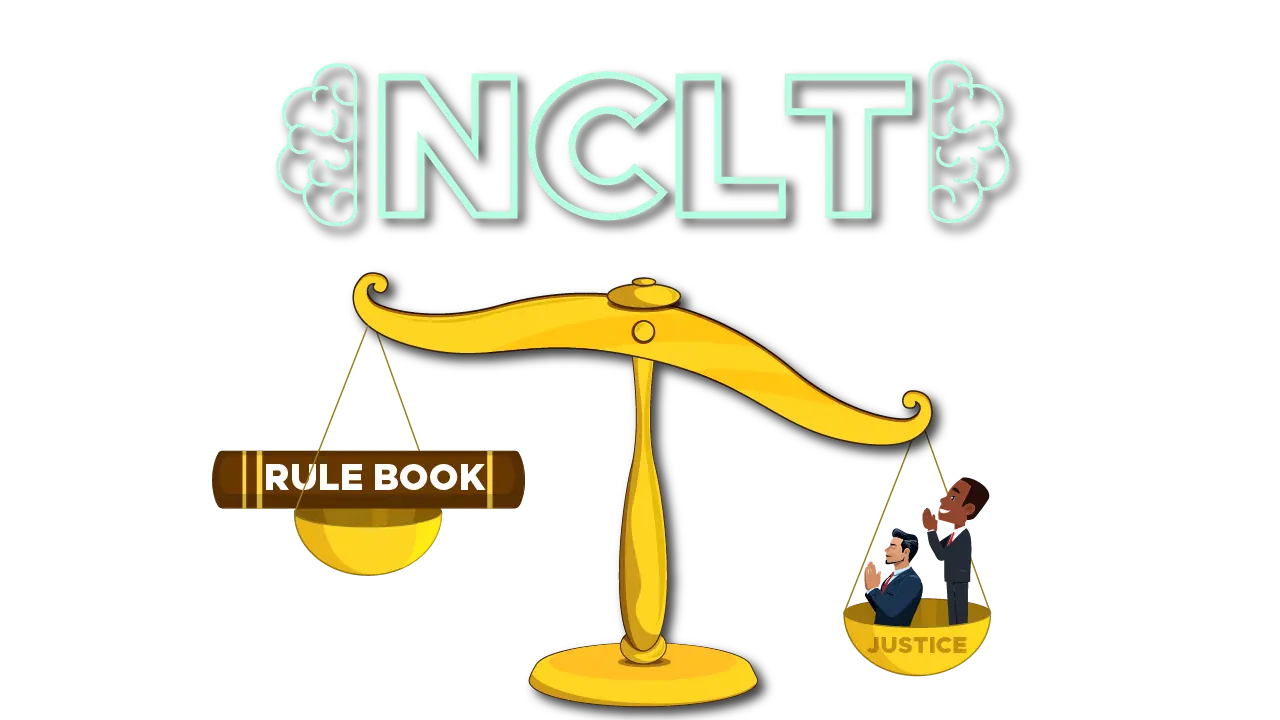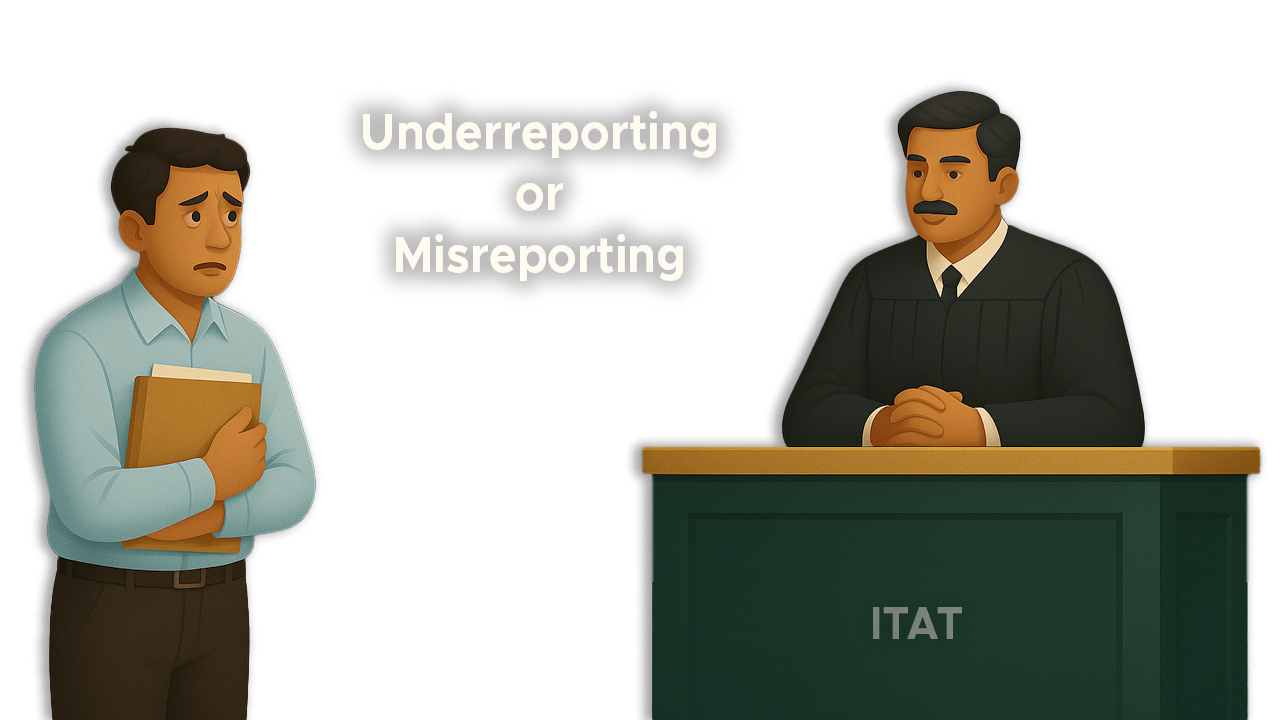The Supreme Court of India has ordered the liquidation of Jet Airways, after the Jalan-Kalrock Consortium failed to implement the approved resolution plan. The ruling emphasizes the finality of resolution plans under the IBC framework.
Introduction
On November 7, 2024, a three-judge bench of the Supreme Court, consisting of Chief Justice DY Chandrachud, Justice JB Pardiwala, and Justice Manoj Misra, ordered the liquidation of Jet Airways, one of India’s largest private airlines, which has been grounded since 2019. The court overturned a previous National Company Law Appellate Tribunal (NCLAT) decision, which had allowed the transfer of ownership to the Jalan-Kalrock Consortium (JKC), despite significant delays in fulfilling key obligations under the resolution plan. The ruling emphasized the importance of adhering to approved resolution plans under the Insolvency and Bankruptcy Code (IBC), bringing an end to the long-drawn insolvency saga of Jet Airways. This decision is pivotal, not just for creditors but for future bidders in insolvency cases.
Background
Jet Airways entered insolvency in June 2019, following a series of financial challenges that rendered it unable to meet its obligations to creditors, employees, and other stakeholders. The airline was once a market leader, but mounting losses and unpaid dues forced it to suspend operations in April 2019.
In 2020, after months of deliberations, the Jalan-Kalrock Consortium was declared the winning bidder by the Committee of Creditors (CoC), which included banks like State Bank of India (SBI) and other financial institutions. The approved resolution plan included substantial payments to creditors, the infusion of fresh capital, and assurances regarding employee claims. However, over the following years, the consortium failed to implement the resolution plan. Issues such as the lapse of Jet Airways’ Air Operator’s Certificate (AOC), regulatory approvals, and unmet financial obligations led to continuous delays.
Despite the NCLAT’s approval of the ownership transfer in March 2023, the consortium’s non-compliance triggered multiple challenges from creditors, particularly banks, who sought the liquidation of the airline. The court had to weigh the sanctity of the insolvency process against the interests of creditors awaiting repayment.
Facts of the Case
The facts of the case primarily revolved around the failure of the Jalan-Kalrock Consortium to implement the resolution plan within the stipulated timeframe:
- Winning Bid: The consortium had won the bid in October 2020, after a protracted bidding process under the IBC framework.
- Commitments: The resolution plan required the consortium to infuse ₹350 crore into the airline and pay ₹226 crore to employees. Additionally, it was required to secure Jet’s regulatory licenses, including the AOC.
- Delays: By 2023, the consortium had missed several deadlines to fulfill its financial and regulatory obligations, leading to frustrations among creditors, notably SBI, which had sought timely payments.
- Creditor’s Plea: SBI and other financial creditors appealed to the Supreme Court, seeking liquidation after realizing that the resolution plan had failed in practice despite its approval.
The Question of Law
The central legal issue before the Supreme Court was whether a resolution applicant, having secured approval of its plan under the IBC, could be allowed to indefinitely delay the implementation of that plan. The court also considered whether NCLAT’s decision to transfer ownership despite non-compliance with the resolution plan was correct. This touched on the broader issue of the finality and enforceability of resolution plans under Section 31 of the IBC, which mandates strict adherence to the terms agreed upon by creditors and approved by the tribunal.
Judgment by the Court
In a decisive ruling, Chief Justice DY Chandrachud delivered the majority opinion, which ordered the liquidation of Jet Airways. The court found that the Jalan-Kalrock Consortium had failed to comply with the most critical obligations under the resolution plan, particularly the infusion of capital and settling dues to employees and creditors. The consortium’s inability to restore the airline’s operational capacity, including the renewal of its AOC, further weakened its case.
The bench rejected the NCLAT’s decision to transfer ownership of Jet Airways to the consortium, stating that such an order violated the IBC’s principles of finality and fairness. The court held that since the resolution plan had failed to materialize despite ample time being provided, liquidation was the only viable option to safeguard the interests of creditors.
The court also noted that Performance Bank Guarantees (PBG) provided by JKC were insufficient and allowed the creditors to invoke the guarantees to recover part of their dues.
The ruling invoked Article 142 of the Constitution to bring an end to the prolonged litigation and directed the National Company Law Tribunal (NCLT), Mumbai Bench to immediately appoint a liquidator to begin the liquidation process.
Implications of the Judgment
This ruling has wide-reaching implications for the Indian insolvency framework and future resolution applicants:
- Sanctity of Resolution Plans: The judgment reinforces the legal requirement that resolution plans, once approved, must be adhered to in a timely manner. Resolution applicants cannot use the approval as leverage while failing to meet their commitments.
- Creditor Confidence: For banks and financial institutions, the ruling enhances confidence in the IBC’s ability to protect creditor interests. The decision underscores that delays and renegotiations will not be tolerated once a plan has been approved.
- Impact on Bidding for Distressed Assets: Potential bidders in future insolvency cases will now approach the process with greater caution. The Supreme Court has made it clear that winning a bid is not enough; implementation is key, and failure to comply will lead to liquidation.
- Jet Airways’ Future: For Jet Airways, liquidation marks the end of any hope for revival. The airline’s assets will now be sold to repay creditors. The fate of its employees, many of whom have been awaiting salary dues since 2019, remains uncertain.
- Aviation Industry: The case illustrates the difficulties of reviving a grounded airline in a highly regulated sector like aviation, where operational licenses and compliance add layers of complexity to the insolvency process.
Conclusion
The Supreme Court’s order to liquidate Jet Airways brings to an end a long-drawn insolvency saga. The ruling highlights the need for strict adherence to the terms of approved resolution plans and sets a clear precedent for future insolvency cases under the IBC. While it provides a degree of finality for creditors, the case also underscores the challenges of reviving distressed companies in complex sectors like aviation. The ruling may create an additional layer of caution among future bidders, but it also strengthens the integrity of India’s insolvency framework by ensuring that approved plans are implemented without undue delays.
CONTRIBUTORS
Prakhar Mithal (Associate)






